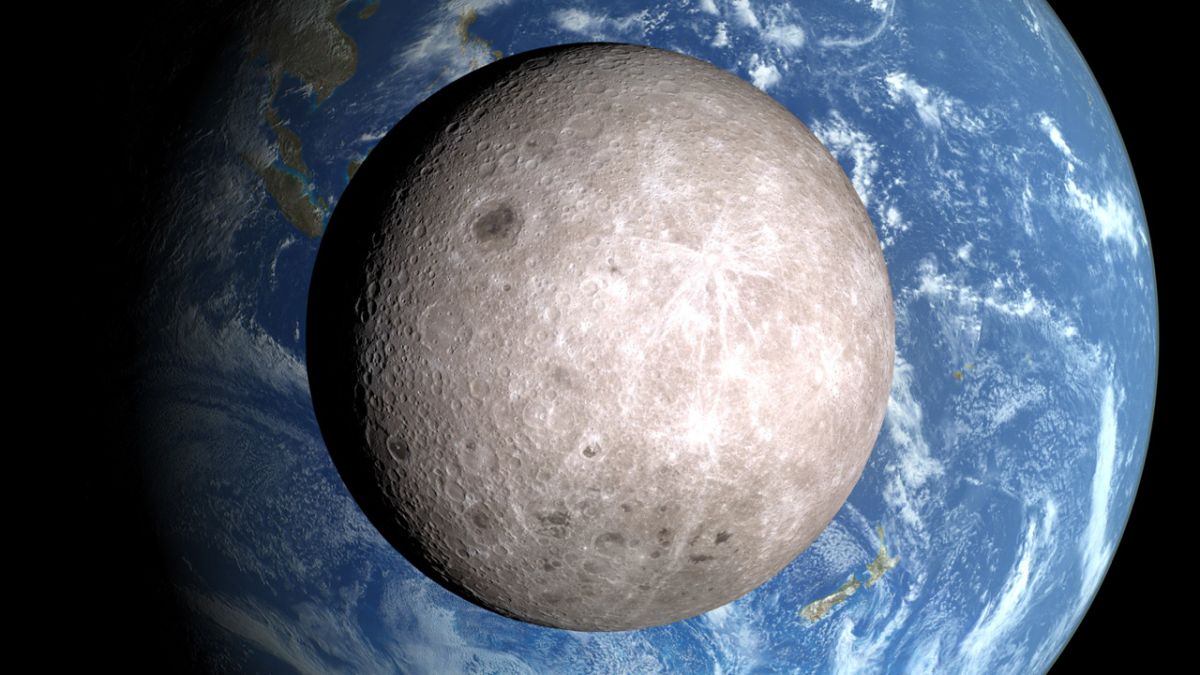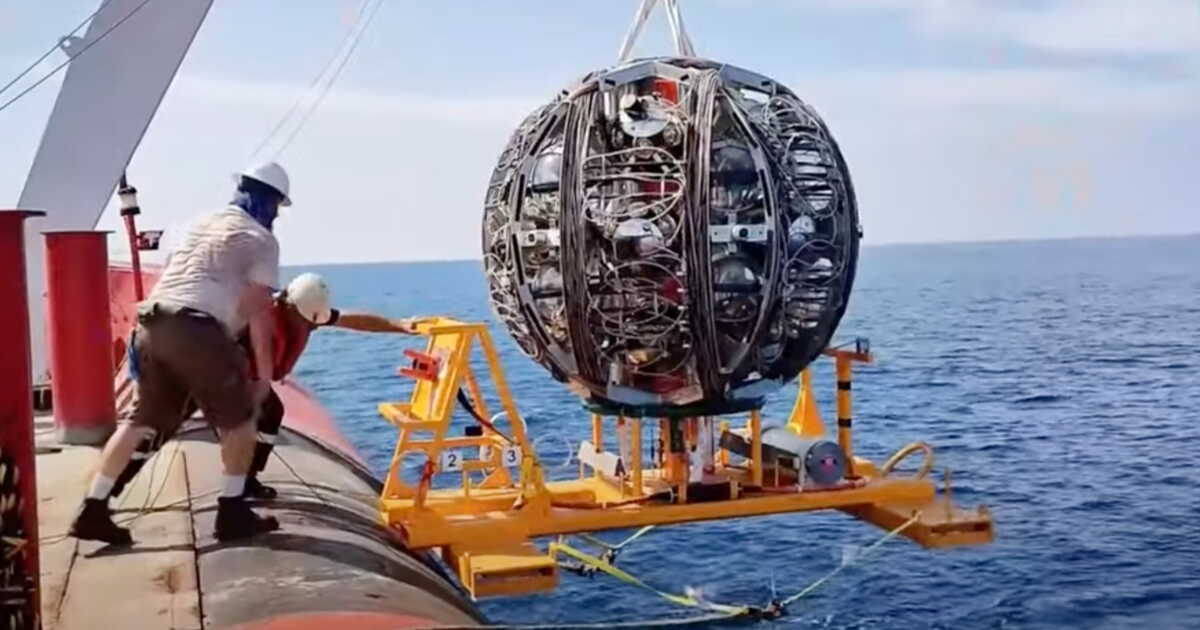Shocking Ocean 'Burp' Could Heat the Planet After Climate Change Reverses!

What if the ocean, our planet's great carbon sink, suddenly let out a massive belch of heat? It might sound like something out of an environmental horror movie, but researchers have discovered that this phenomenon could actually happen if humanity manages to turn back the clock on climate change.
The Southern Ocean has been our ally in the fight against global warming, absorbing around 25% of all human-made carbon dioxide emissions and a staggering 90% of the excess heat generated from these emissions. But what happens when we finally start reducing those emissions? A team led by Ivy Frenger has just published a study that reveals the Southern Ocean's response could be much more dramatic than we ever anticipated.
For years, scientists, including those from the Intergovernmental Panel on Climate Change (IPCC), have focused on how the oceans can help mitigate rising emissions. Yet, they rarely asked the reverse question: What if we start decreasing emissions? This new research dives deep into how the Southern Ocean might respond if we were to remove carbon dioxide from the atmosphere and cool global temperatures.
Using sophisticated climate modeling techniques at the University of Victoria, Frenger and her colleagues simulated a hypothetical scenario where greenhouse gas emissions are first increased until atmospheric levels of CO2 double. They then projected a significant cut in emissions, leading to sustained net negative emissions over centuries. Once the planet begins to cool, the results were alarming: the Southern Ocean could undergo a sudden 'burp' of heat, releasing long-stored warmth back into the atmosphere.
This oceanic belch could trigger a warming trend comparable to historical rates of human-induced climate change, lasting anywhere from decades to a century. Fortunately, the study indicated that this heat release would not result in a massive spike in CO2 levels due to the unique chemistry of seawater.
Although the researchers acknowledge that their model is based on intermediate-level complexity and idealized scenarios, they stress the importance of understanding the Southern Ocean's role in the global climate system. As temperatures fluctuate, it's crucial that we monitor this dynamic ocean closely. After all, the Southern Ocean, which plays a vital part in maintaining Earth's climate balance, could either be our savior or a wild card in the climate crisis.
In a world increasingly impacted by climate change, this research is a call to action. The Southern Ocean's future and its potential to 'burp' heat remind us that the fight against climate change is far from over. We need to keep a close eye on our oceans, as they hold the key to understanding and perhaps even mitigating the effects of climate change in the years to come.


















